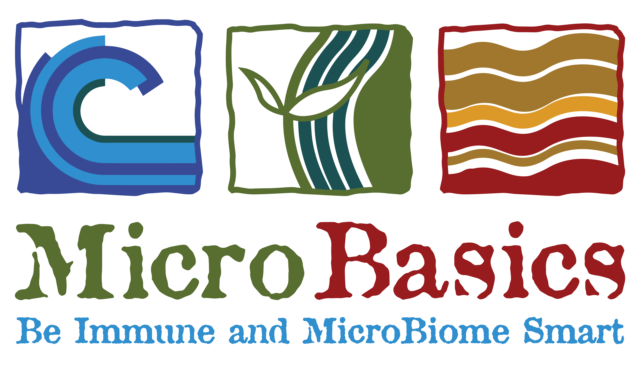The USDA Animal and Plant Health Inspection Service (APHIS) has confirmed the detection of highly pathogenic avian influenza (HPAI) in dairy herds in Idaho, New Mexico (two cases) and Ohio this week.
These are in addition to the other confirmed cases by the National Veterinary Services Laboratories (NVSL) in Ames, Iowa, which thus far amount to seven in Texas, three in Kansas and one in Michigan.
On April 1, the Centers for Disease Control and Prevention (CDC) reported that a person in Texas has tested positive for HPAI A (H5N1) virus after having exposure to dairy cattle presumed to be infected with HPAI.
The patient reported eye redness (consistent with conjunctivitis), as their only symptom, was treated with an antiviral drug for flu, told to isolate and is recovering.
This individual is the second person reported to have tested positive for influenza A (H5N1) viruses in the U.S. The previous human case occurred in 2022 in Colorado.
The CDC considers the health risk for the general public to be low and is working with state health departments to monitor workers who may have or continue to be in contact with infected animals. It has compiled interim recommendations for workers in these scenarios.
The investigation by APHIS, the FDA and the CDC is ongoing. Federal and state agencies continue to conduct additional testing in swabs and milk samples from sick animals, as well as viral genome sequencing, to assess whether HPAI or another unrelated disease may be underlying any symptoms.
The NVSL has also confirmed that the strain of the virus found in subsequent states is very similar to the strain originally confirmed in cattle in Texas and Kansas that appears to have been introduced by wild birds (H5N1, Eurasian lineage goose/Guangdong clade 2.3.4.4b). Initial testing has not found changes to the virus that would make it more transmissible to humans.
There continues to be no concern that it affects the safety of the commercial milk supply because products are pasteurized before entering the market.
Because of the limited information available about the transmission of HPAI in raw milk, the FDA recommends that industry does not manufacture or sell raw milk or raw/unpasteurized milk cheese products made with milk from cows showing symptoms of illness.
Producers and veterinarians are encouraged to report cattle illnesses quickly so that federal and state agencies can monitor potential additional cases and minimize the impact and risk to farmers, farmworkers, consumers and other animals. In addition, producers are asked to practice enhanced biosecurity measures.










